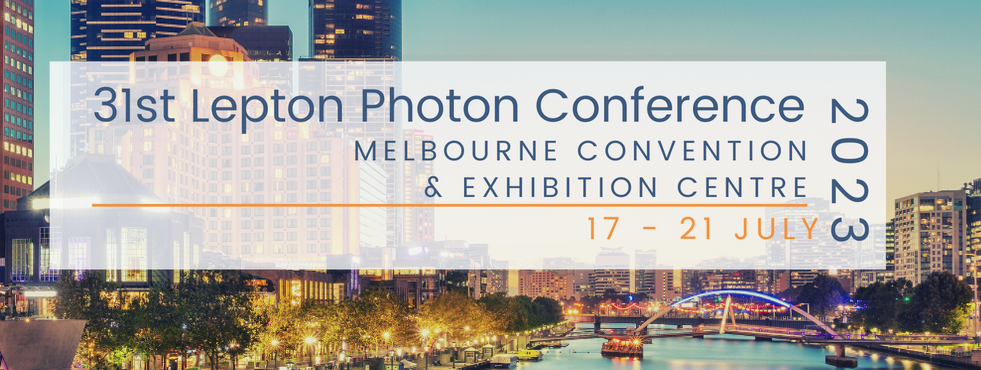Speaker
Description
The axion is a hypothetical pseudo-Goldstone boson proposed to naturally resolve the strong CP problem, a long-standing mystery in the topological vacuum structure of quantum chromodynamics (QCD). In particular, the QCD axions with masses on the order of $\mu$eV to meV are a strong candidate for dark matter. The cavity haloscope is one of the most effective to search for dark matter axions in the microwave region. A large cavity volume and low detector noise are crucial for high-frequency axion searches to improve experimental performance. Various novel cavity designs (based on multiple cells design, wheel mechanism, and tunable photonic crystals) have been proposed by IBS-CAPP for efficient searches for high-mass axions. Josephson parametric amplifiers developed by U. of Tokyo/RIKEN achieved near-quantum-limited performance. Utilizing these key components, CAPP is currently conducting leading haloscope experiments to explore the frequency range between 5 GHz and 25 GHz (20 $\mu$eV and 100 $\mu$eV) with KSVZ sensitivity. In this talk, we present the current status of these experiments is presented and discuss future plans.




